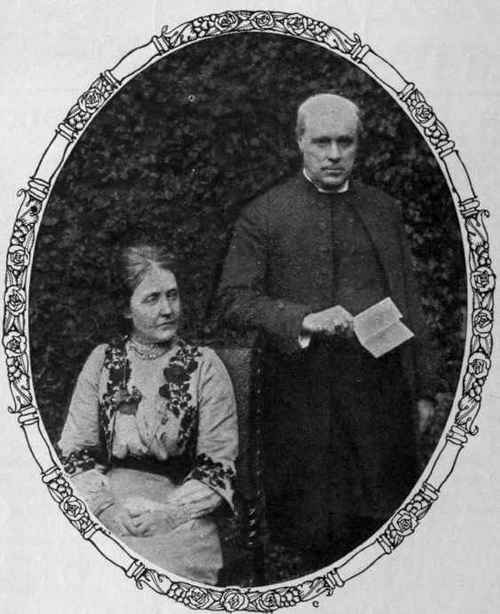The Pope has announced that he will step down as Bishop of Rome at the end of the month.
I'll admit to not being much of a votary of the cult of the Papacy. Many have been the times when I've had to stifle a yawn when the words Holy Father drop forth from various pulpits (more often Anglican ones in my experience, remarkable as it is to report). The Bishop of Rome is not without importance, but I have to admit there are times when I am glad to be an Anglican.
In many ways, I suspect Benedict XVI has imbibed some Anglican perspectives. He has kicked the cause of John Henry Newman along the path towards canonization, which I suppose is an object to be welcomed on the banks of both the Tiber and the Thames when it comes. Let's hope Benedict (or will it be Cardinal Ratzinger again?) lives to see it fulfilled. Then there is the Ordinariate, of which the less said the better.
Even the act of resignation has a hint of Anglicanism about it. After all, the first modern Archbishop of Canterbury to choose not to die in post was Randall Davidson. It's only taken 85 years for Rome to catch up with the notion that leaders can move on at a time of their choosing, possibly even with benefit to the Church. There may even come a time when Rome applies its own policy of compulsory retirement for bishops to the See of Rome.
It is too easy to moan about the situation Benedict inherited. John Paul II should have let go of the Papacy after the jubilee celebrations in the year 2000. While it could be said that he gave a witness of some sort by remaining wedged on his cathedra until it was long past time when he could have abdicated without there being doubts as to its validity, to many it appeared like stubbornness. Only Christian Scientists hold that physical illness is not real; John Paul's remaining in post was more disturbing than inspiring to this particular observer, and the continuing call for him to be canonized subito is not ultimately good for a proper reception of his legacy to the Church. The last decade of his time was a period of inertia, which has bequeathed many problems to his successor. Benedict has had his share of self-created problems, but at least he is setting a healthy precedent for his own successor.
Here's fare-thee-well and good wishes to Benedict for a well-deserved retirement and hopes of improved physical health once the burdens of office are lifted. May he have time for cats and Mozart.

